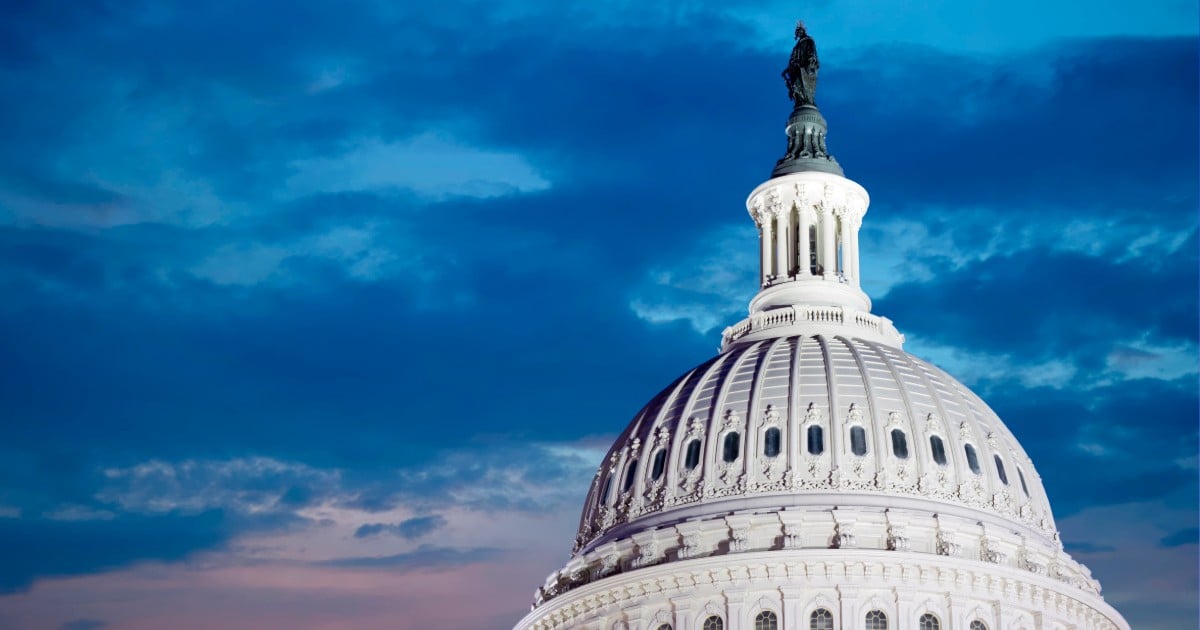Internet freedom under attack by Limiting Section 230 Immunity to Good Samaritan’s Act

The “Limiting Section 230 Immunity to Good Samaritan’s Act” has been introduced to the US Senate and would do away with legislation that has become a cornerstone of internet freedom and the success of American internet companies. That key piece of legislation is the Communications Decency Act of 1996 – specifically Section 230. The proposed legislation was brought forth by Senator Josh Hawley (R-MO), Senator Marco Rubio (R-FL), Senator Tom Cotton (R-AR), Senator Mike Braun (R-IN), and Senator Kelly Loeffler (R-GA). As the name of the bill suggests, the bill would limit the immunity granted by Section 230 only to “Good Samaritans.” The thing is, it’d be up to the government to decide what qualifies as a “Good Samaritan,” and once that door is opened – it can’t be shut.
According to Senator Hawley’s website, qualifying means this:
“The Limiting Section 230 Immunity to Good Samaritans Act provides that Big Tech companies who want to receive section 230 immunity must bind themselves contractually to a duty of good faith.”
What counts as good faith? Well there’s a current answer for that, too:
“The duty of good faith would contractually prohibit Big Tech from:
-
Discriminating when enforcing the terms of service they write (just like police and prosecutors are not supposed to discriminate when enforcing the law);
-
Failing to honor their promises;
-
Big Tech companies who breach their duty of good faith would have to pay $5,000 or actual damages, whichever is higher, plus attorney’s fees to each user who prevails.”
What is Section 230
The Communications Decency Act’s key provision, Section 230, is oft touted as the most important law protecting internet speech that exists. The section formally reads:
“No provider or user of an interactive computer service shall be treated as the publisher or speaker of any information provided by another information content provider”
One key effect is that websites on the internet aren’t legally liable for the things that users put onto their website. Video websites like YouTube and social media sites like Reddit and Facebook aren’t liable for their users’ posts; also, blogs and news sites like this one are not liable for the comments left by commenters. Without this cornerstone piece of internet legislation, the internet would be a much more restrictive – and less free – place. For more information, check out the EFF’s CDA 230 infographic.
The government is coming for Section 230
In total, it’s a three pronged attack on Section 230 of the CBD. The Justice Department is also going to introduce an attack – and the executive order from President Trump, which was hinted at months ago, makes up the third arm. Previous attempts to do away with Section 230 include SESTA-FOSTA and many more which have thus far been limited in success. Working to keep Section 230 of the Communications Decency Act is something that internet businesses both large and small have traditionally been able to rally around. It’s time to sound the battle horn again because the government is making its move on the internet.
Comments are closed.

The internet platforms need to be held to the same standards as other forms of media. Google for example does not honor it’s own written rules and codes of conduct. Countless ordinary people and businesses have fallen victim to this absolute lack of responsibility. Google has turned into an evil empire. It’s time for a change.